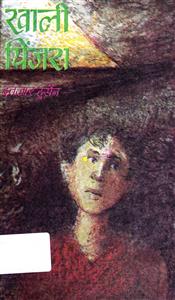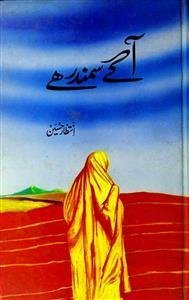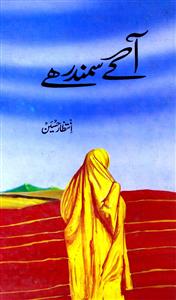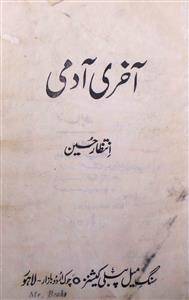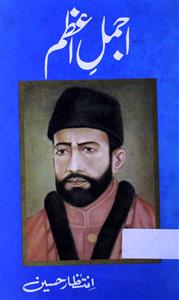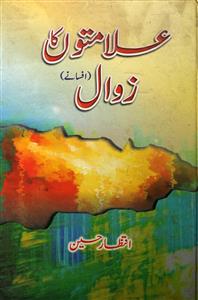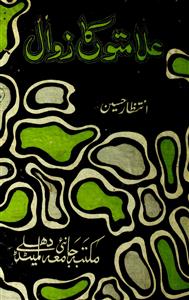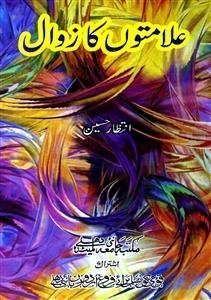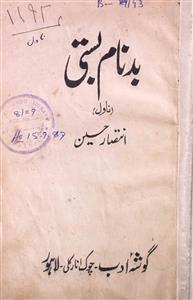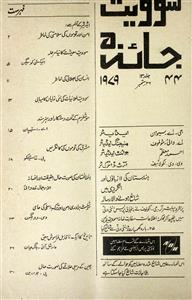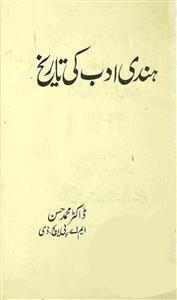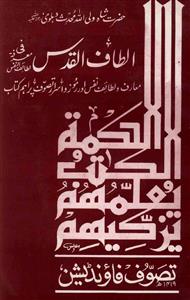 For any query/comment related to this ebook, please contact us at haidar.ali@rekhta.org
For any query/comment related to this ebook, please contact us at haidar.ali@rekhta.org
About The Book
انتظار حسین اردو افسانے کا ایک معتبر نام ہونے کے ساتھ ساتھ اپنے اسلوب اور بدلتے لہجوں کے باعث پیش منظر کے افسانہ نگاروں کے لیے بڑا چیلنج تھے۔ ان کی اہمیت یوں بھی ہے کہ انہوں نے داستانوی فضا، اس کی کردار نگاری اور اسلوب کا اپنے عصری تقاضوں کے تحت برتاؤ کرنا چاہا۔ ان کی تحریروں کو پڑھ کر حیرت کاایک ریلا سا آتا ہے جس کی بنا پر ان کے سنجیدہ قارئین کے پاؤں اکھڑ جاتے ہیں۔ ان کی خود ساختہ صورت حال حقیقت سے بہت دور ہے۔ اس طرح کی صورت حال تخیل کے حوالے سے یورپ میں سامنے آئی۔ ان کی تحریروں کی فضا ماضی کے داستانوں کی بازگشت ہے۔ ان کے یہاں پچھتاوے، یاد ماضی، کلاسیک سے محبت، ماضی پرستی، ماضی پر نوحہ خوانی اور روایت میں پناہ کی تلاش بہت نمایاں ہے۔ پرانی اقدار کے بکھرنے اور نئی اقدار کے سطحی اور جذباتی ہونے کا دکھ اور اظہار کے ضمن میں بہت سی جگہوں پر انداز اور لب و لہجہ ترش ہو جاتا ہے۔ وہ علامتی اور استعاراتی اسلوب کو نت نئے ڈھنگ سے استعمال کرنے والے افسانہ نگار تھے، لیکن اپنی تمام تر ماضی پرستی اور مستقبل سے فرار اور انکار کے باوجود ان کی تحریروں میں ایک عجیب طرح کا سوز اورحسن ہے۔ اس میں ویسی ہی کشش ہے جو چاندنی راتوں میں پرانی عمارتوں میں محسوس ہوتی ہے۔ زیر نظر افسانوں اسی طرح کی کچھ فضا محسوس کی جاسکتی ہے۔ "خالی پنچرہ" میں شامل افسانے دیوناگری رسم الخط میں پیش کئے جارہے ہیں۔
About The Author
Intizar Hussain was born on December 21, 1925 in Bulandshahr, Dibai. He did BA and MA in Urdu from Meerut College. After the formation of Pakistan, he settled in Lahore, where he became associated with the field of journalism.
Intizar Hussain’s first collection of short stories ‘Gali Kuuche’ was published in 1952. The Lahore Nama, a long-running column in the daily Mashriq, also became very popular. He also wrote columns for radio. In Urdu, he went on to attain a truly distinguished stature in fiction and novel writing.
Besides being a noted fictionist of the Urdu language, he is still considered an exemplar by frontline writers owing to his unique style, tone of narration, and crafting. He assimilated the finer elements of the classic Urdu Dastan, its characterization, and intonation into the contemporary settings. His writings have a nostalgic air about them, mainly because he often brings together mythological tropes in his writings. There is a profound sense of classicism and traditionalism in his works. The superficialness of new values in contrast with the atrophy of traditional ones is something that brings a melancholy expression out of him. He innovatively uses symbols and metaphors. In spite of the love for past and an attempt to steer clear of the future, there is an unheralded beauty and pain in his stories.
His noted works include: Aakhri Aadmi, Shahr-e-Afsos, Age Samandar Hai, Bastii, Chaand-Gahan, Gali Kooche, Kachhue, Khaali Pinjra, Khaame Se Duur, Din Aur Daastaan, Alamaton Ka Zawaal, Boond Boond, Shahr-zad Ke Naam, Zameen Aur Fallak, Charaghoon Ka Dhuwan, Dilli Tha Jis Ka Naam, Justujuu Kya Hai, Qatre Mein Darya, Janam Kahaniyan, Qissay Kahaniyan, Shakista Sutoon Par Dhoop, and Saeed Ki Pur Asraar Zindagi.
Intizar Hussain was the first Pakistani writer to be shortlisted for the Man Booker Prize. He was also awarded Sitara-e-Imtiaz by the Government of Pakistan and the Kamal-e-Fann Award, the highest literary award of Pakistan by the Academy of Literature of Pakistan.
This article is written by Aqeel Abbas Jafari who is a well-known writer.
 For any query/comment related to this ebook, please contact us at haidar.ali@rekhta.org
For any query/comment related to this ebook, please contact us at haidar.ali@rekhta.org
